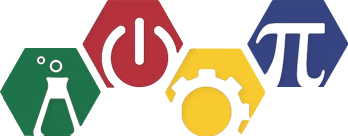The ML-PBL curriculum was the focus of a multi-year research program. From informative case studies of individual teachers and classrooms to a large-scale randomized control trial for efficacy, the ML-PBL curriculum is one of the best-researched elementary school programs in the country.
Using language literacy and mathematical tools, the Multiple Literacies Project engages students in project-based learning (PBL) to develop usable science knowledge. Principles of how students learn science and how teachers should teach anchor the ML-PBL curriculum. The teacher and student materials focus on engaging children in learning goals linked to the Next Generation of Science Standards (NGSS). Through ML-PBL curriculum experiences, students explain natural events that occur in the world, design solutions to challenging engineering problems and acquire the intellectual tools to learn additional knowledge when needed. Using three-dimensional scientific knowledge – disciplinary core ideas, crosscutting concepts, and science and engineering practices – requires different instructional practices and ways of thinking about what it means to learn. The ML-PBL curriculum engages teachers in having students ask questions, plan and conduct investigations, build models, use evidence, and design, develop and share artifacts with classmates, family members, and members of their community. By developing a wide supportive community, the ML-PBL curriculum provides experiences to learners with useful feedback and knowledge-building experiences.
The ML-PBL curriculum is more than teacher and students materials; it also consists of long-term professional learning which allows teachers along with the ML-PBL researchers to form a community of learners who benefit from the experience and expertise of each other. The ML-PBL research team also designed assessment tasks that engaged learners in using the three dimensions of scientific knowledge to explain phenomena and solve problems.
Link to curriculum on Sprocket (Educurious)


